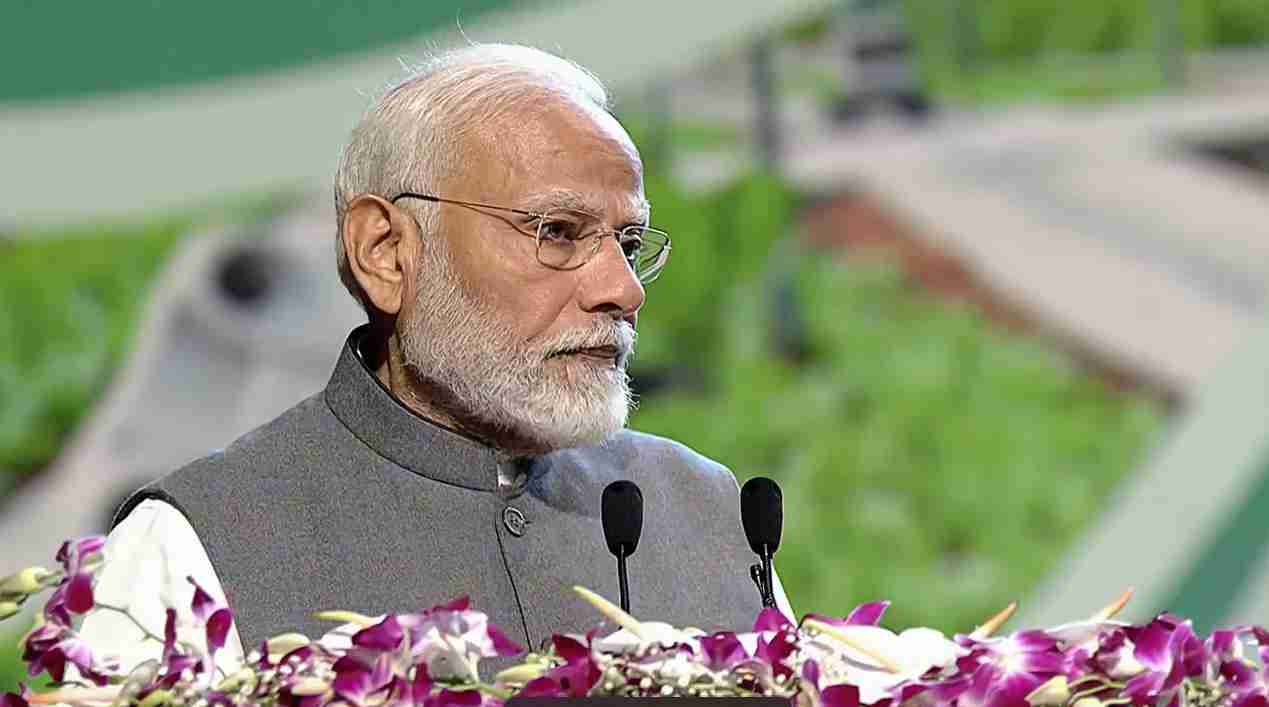In a recent public address, Prime Minister Narendra Modi highlighted the central role of agriculture in India’s economic framework and advocated for the global adoption of India’s agricultural model. Modi’s remarks reflect a strategic emphasis on leveraging India’s agricultural practices to address food security challenges faced by developing nations.
During the event, Modi emphasized that agriculture is not just a sector but a cornerstone of India’s economic policy. He noted that nearly ninety percent of Indian families are small landholders, and these small farmers are integral to the nation’s food security. This demographic, according to Modi, represents the backbone of India’s agricultural strength and economic resilience.
Modi pointed out that the same challenges faced by small farmers in India are prevalent in many other developing countries in Asia. He suggested that India’s approach to agriculture could serve as a model for these nations, providing practical solutions to common issues such as limited land resources and food security.
“Small farmers are the biggest strength of India’s food security,” Modi declared. He added that the agricultural practices and policies adopted in India could offer valuable lessons for other countries grappling with similar challenges. By sharing India’s experiences and strategies, Modi envisions a collaborative effort to enhance food security and agricultural sustainability on a global scale.
The Prime Minister’s call for international adoption of India’s agricultural model is seen as an effort to position the country as a leader in global agricultural policy. This initiative aligns with broader government goals to improve agricultural productivity, support small farmers, and promote sustainable practices.
Modi’s address was well-received by the audience and has sparked discussions on how India’s agricultural success stories could be adapted and implemented in other developing regions. The government’s focus on agriculture as a key component of economic policy and global cooperation underscores the importance of innovative solutions in addressing global food security challenges.



